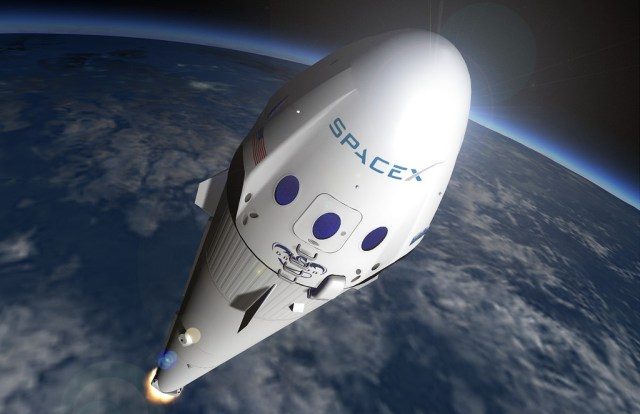History of the human race is full of stories of amazing leaps, from migrating out of Africa to landing our spacecrafts on other planets and even asteroids. Nearly 50 years after first human steps on the Moon the space industry is completely different, than it was in the 20th century.
Contrary to perceptions, space industry is extremely traditional because of the high costs and need of minimal risk. But now private companies are beginning to take the initiative and to change our ideas about space as a place, reserved for government agencies.
There was a time when NASA and Roskosmos were the two main engines of our dreams for space exploration. But over the last 15 years that has changed with tens of space companies entering the market with serious plans for building rockets and colonizing new world.
Today almost everyone is aware of Virgin Galactic, SpaceX and Blue Origin, mostly due to the popularity of their celebrity entrepreneur owners. If their efforts for creating a reusable booster succeeds, this can lower the costs for space launch with as much as 60%.
And this is not even the whole picture. Hundreds of small startups have popped up for the new space race. Companies like Astrobotics are charging $1.2 million per kilo to take your stuff to the moon, while experts in Saber Aeronautics are using video game tech to help you create missions and operate satellites with minimum training.
During last year’s Webit.Festival in Sofia the project coordinator and engineer at European Space Agency (ESA) Lluc Diaz explained that because of the numerous private initiatives mankind is starting to look for the exploration of deep space.
In Europe, all this is happening not only with private capital, but through programs for public-private partnerships. Right now ESA is working with more than 400 startups, helping them with expert knowledge about implementation of space tech in our everyday life.
Great example of this kind of partnership is the success of companies like Planet Labs, that creates smaller and cheaper satellites that are easier to launch in space.
This year on Webit.Festival you can find out more about the future of space industry and exploration of the Universe from top level speakers, likе the Chairman of Breakthrough Prize Foundation Simon P. Worden.
The author of more than 150 scientific papers in astrophysics space sciences and strategic studies will talk about the search of life beyond the Earth and deep space traveling.
